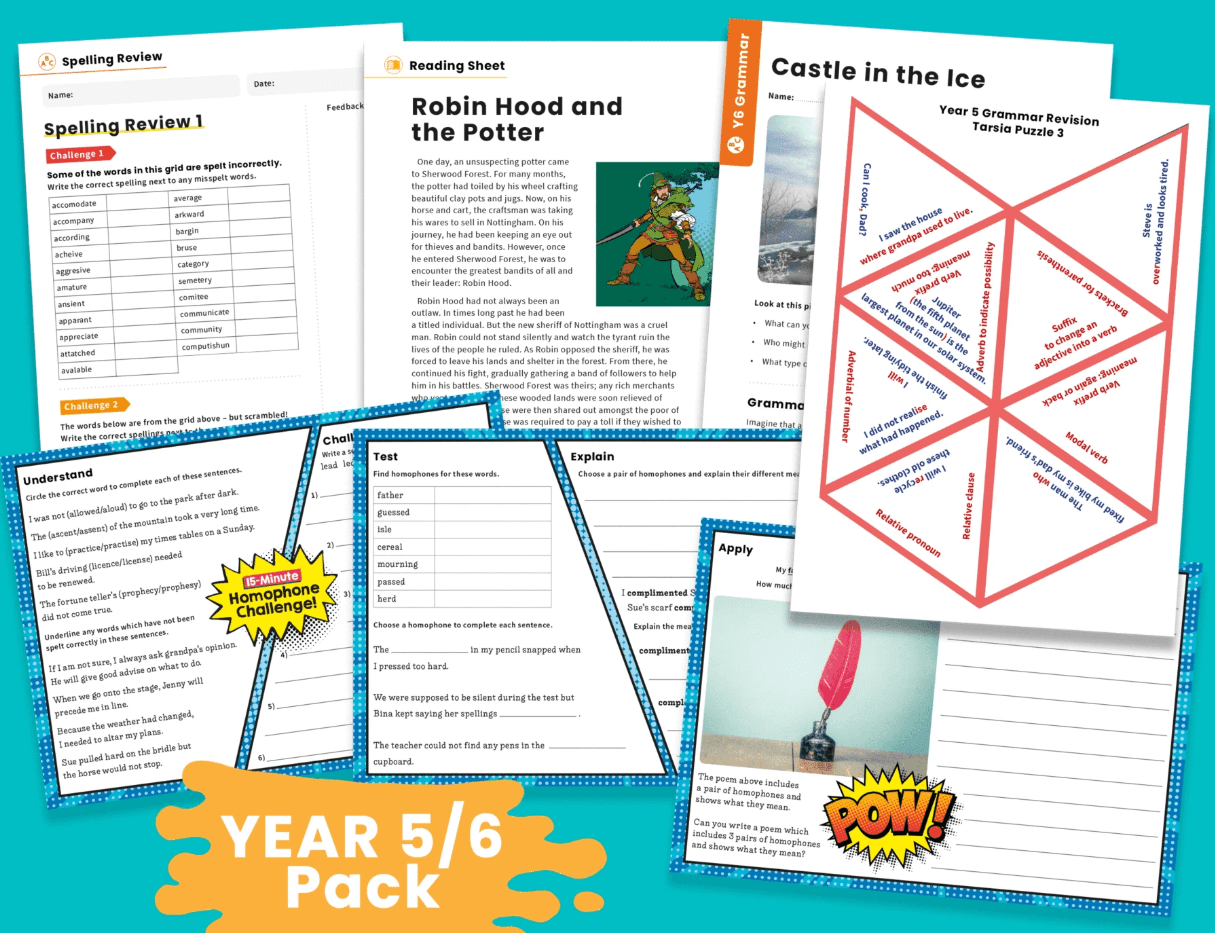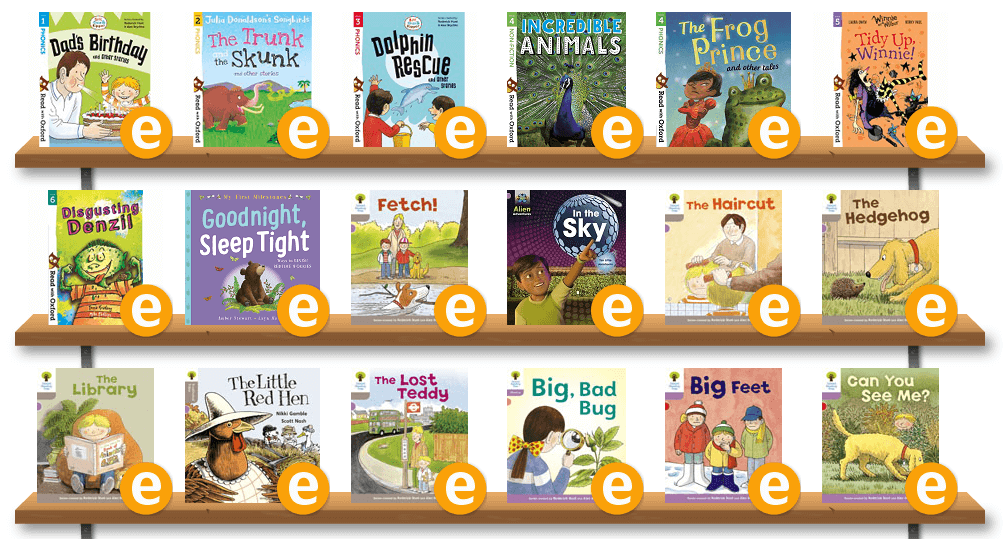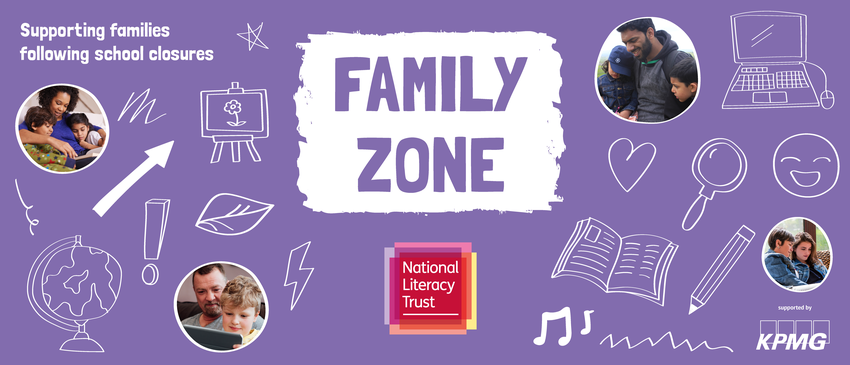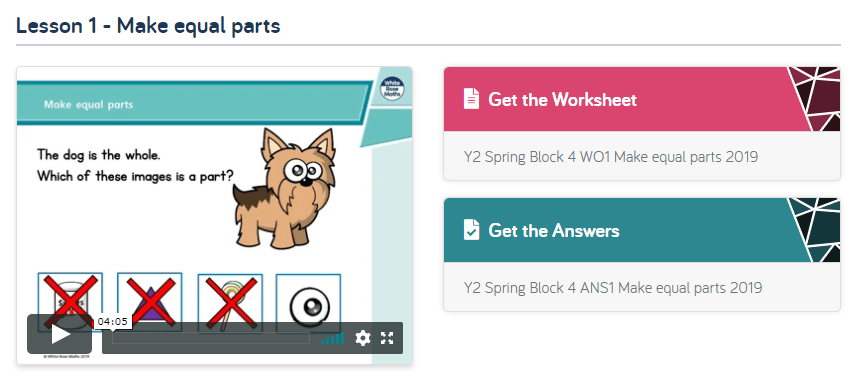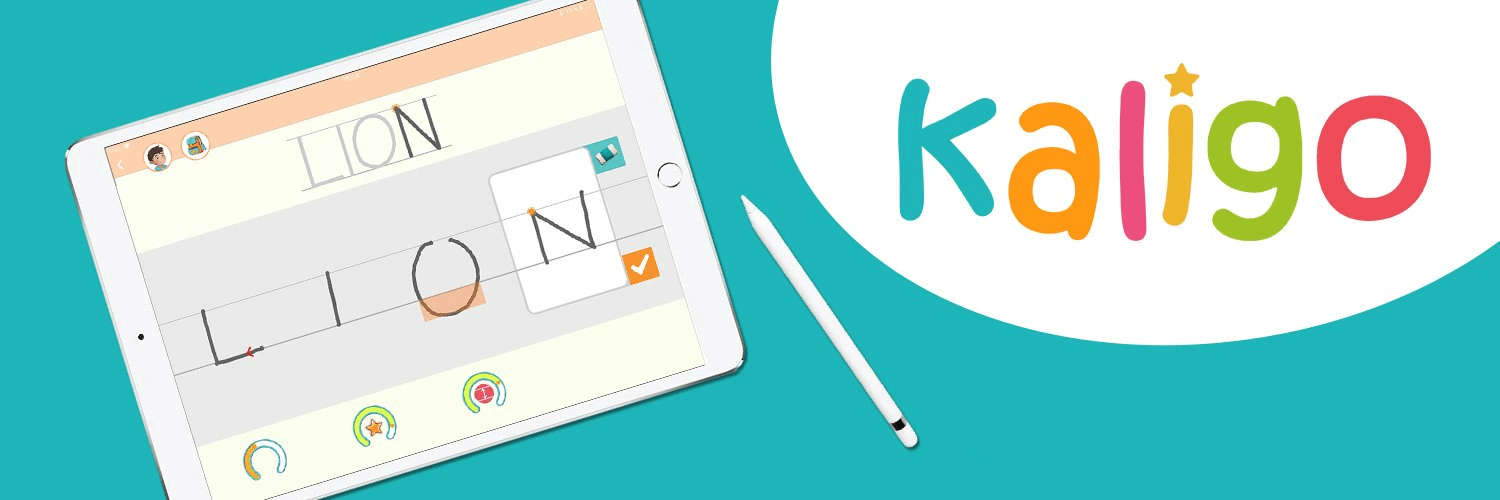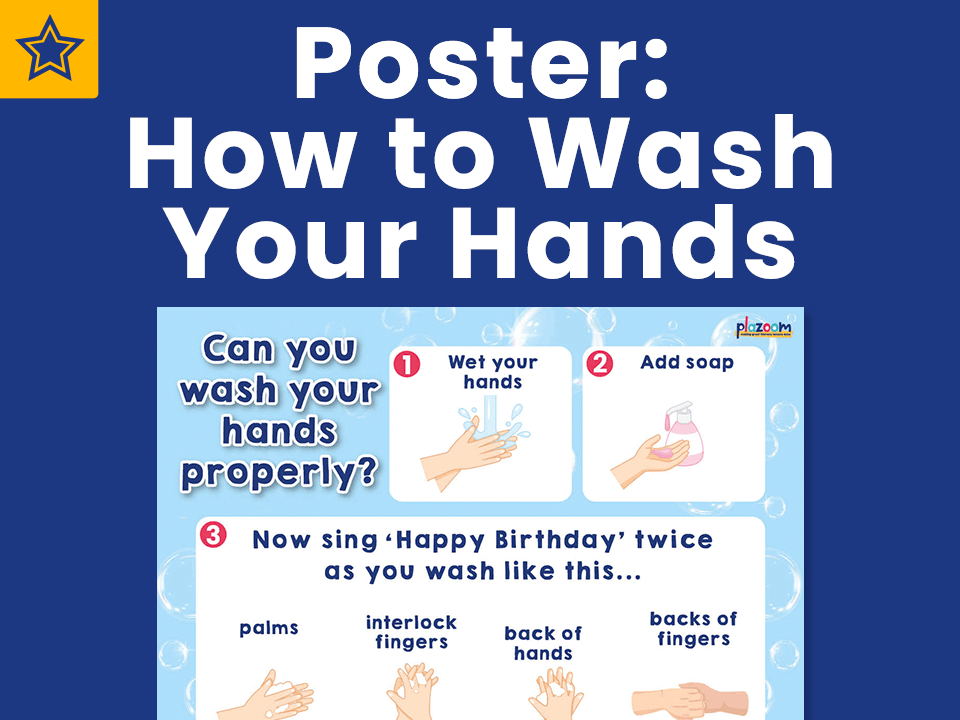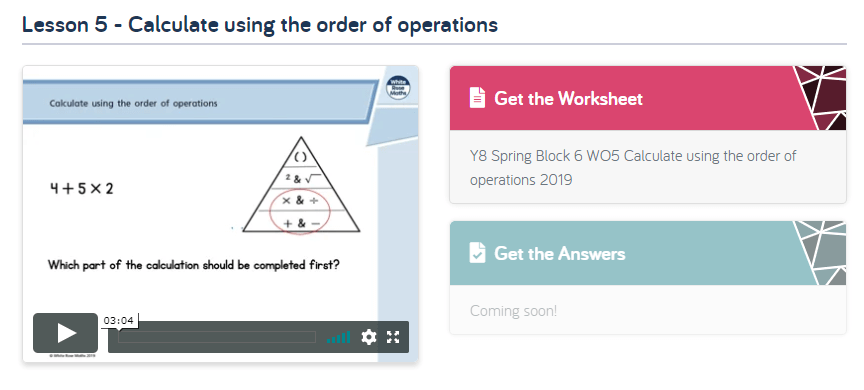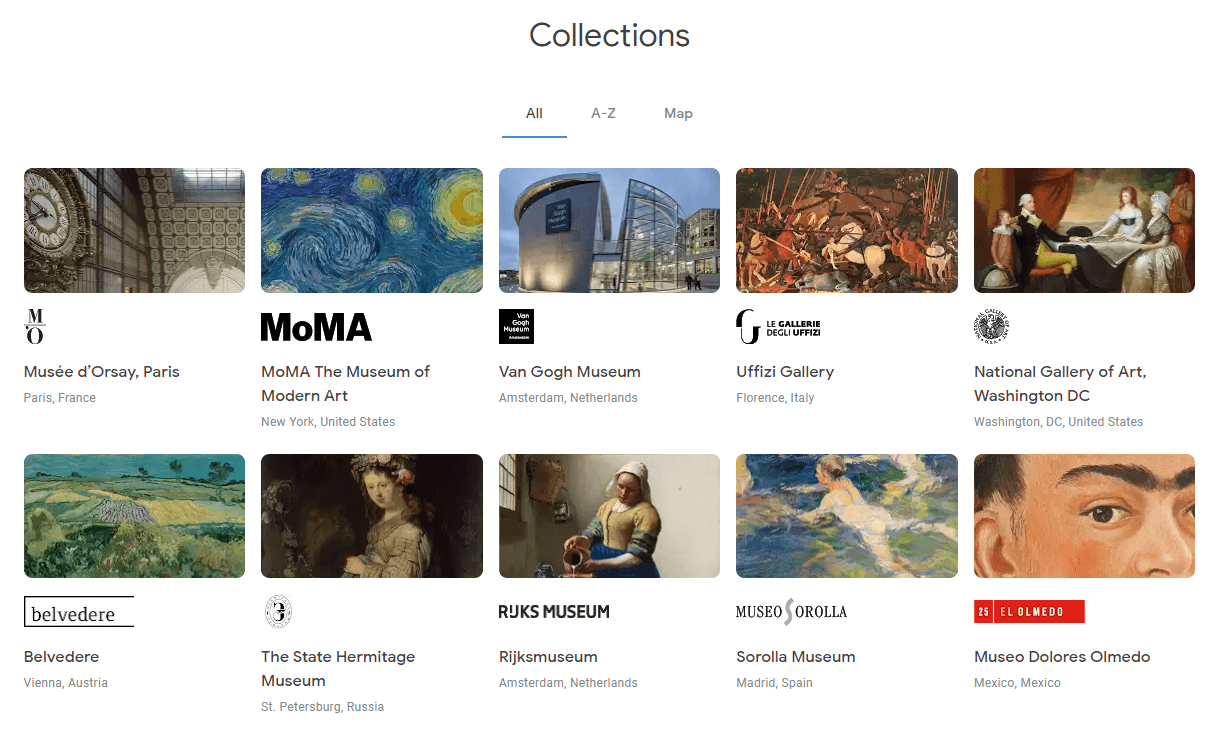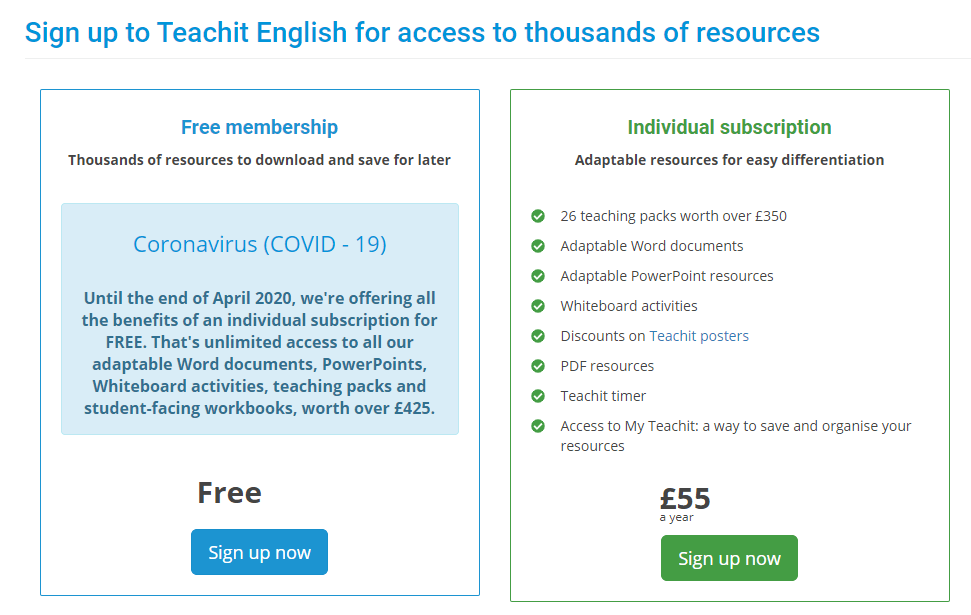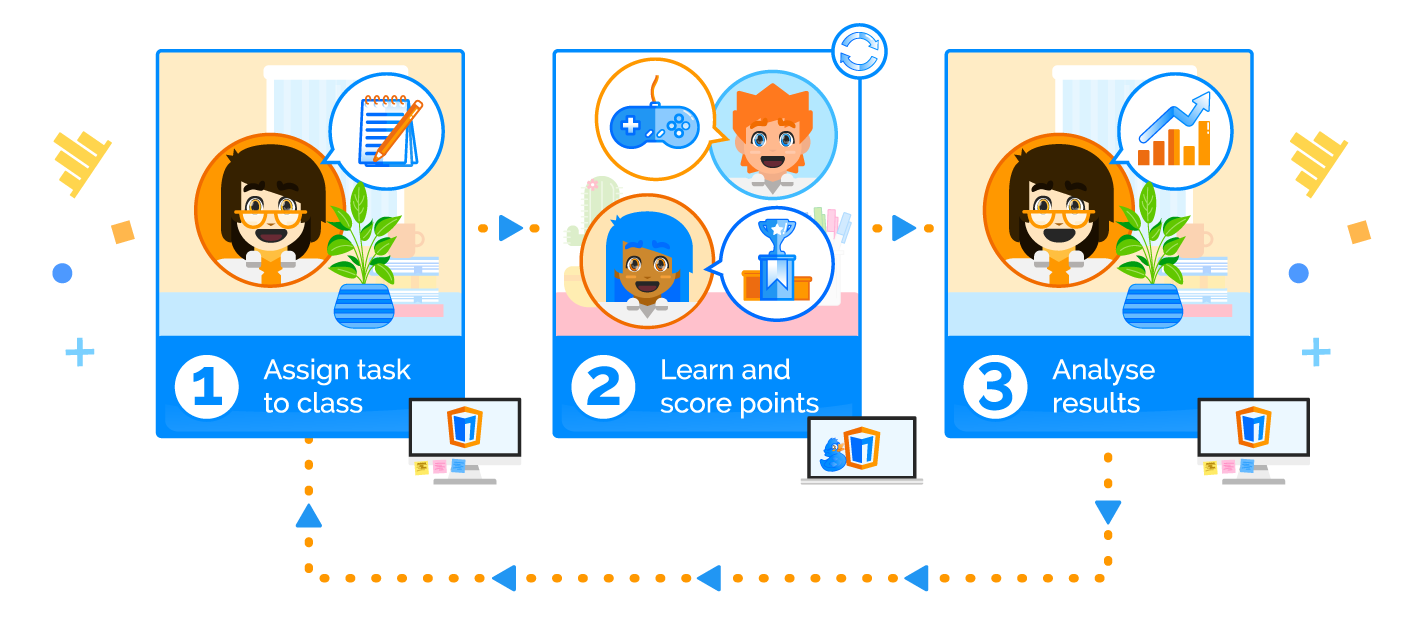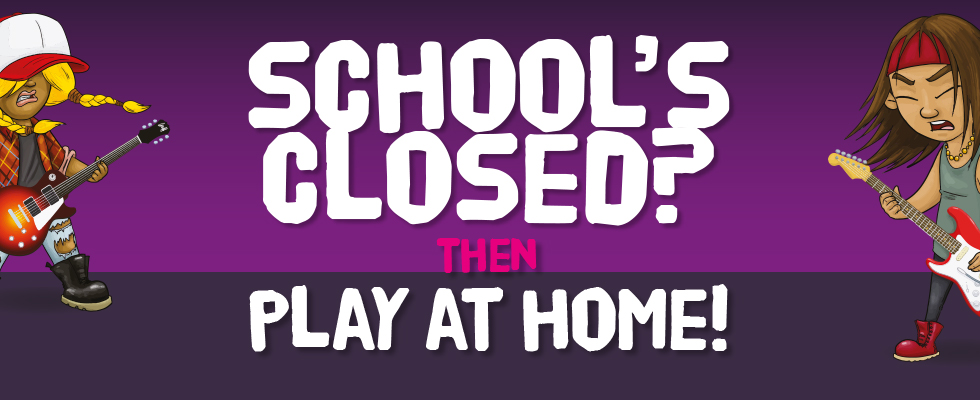Coronavirus – Home learning resources for primary and secondary
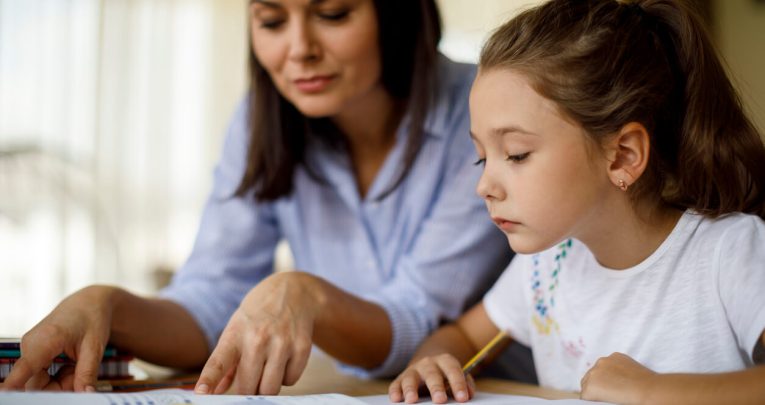
Get the best resources for Key Stages 1, 2, 3 and 4 to keep students learning while COVID-19 has schools in shutdown…

- by Teachwire
- Classroom expertise and free resources for teachers

Jump to section
School resources and
home learning for primary
1 | Free home-learning packs by year group
Our free bundle packs for home learning represent enough work for five mornings, and require minimal adult supervision.
- Year 1 focuses on KS1 reading, writing and comprehension goals. And each day includes worksheets with simple writing tasks, visual prompts for easy teaching and card-sorting activities.
Click the links above to download each free pack.
2 | David Walliams free audio stories
David Walliams announced that he will be reading one of his World’s Worst Children stories every day for 30 days, which will be free for children to download and listen to.
Check here each day for a new story.
3 | ‘The importance of hand washing’ science experiment
If you want to teach the importance of washing your hands while learning a bit about science, try this science experiment.
Jaralee Metcalf decided to show her class the effect of handwashing by using bread.
“We did a science project in class this last month as flu season was starting,’ she said. ‘We took fresh bread and touched it. We did one slice untouched. One with unwashed hands. One with hand sanitiser. One with washed hands with warm water and soap. Then we decided to rub a piece on all our classroom Chromebooks.”
As you can see in the picture above, the difference is startling.
Check out the full experiment, here.
4 | Your virtual librarian
If children can’t come to the Library, then Sam Pope is making sure that the library will come to the children.
While she can’t be in work, she’s decided to become a virtual librarian, sharing an activity a day, where possible, online on Childtastic Books.
Each day she aims to post activities that are relevant and interesting, starting with giving children the task of writing about the character they were for World Book Day (or any one they’re interested in).
Visit her virtual library for activities here.
5 | Free ebooks for children aged 3-11
Not many houses will be as well stocked as a school library, but this free eBooks collection from Oxford Owl can help balance things out.
There are over 100 books here, all tablet friendly, and all developed to help children learn to read, and love to read.
Browse the virtual bookshelves here.
6 | National Literacy Trust home learning portal
As a response to school closures, the NLT has developed a comprehensive web portal to support parents. The Family Zone will be updated with new and useful content for parents, and is split into three age groups: 0-4, 5-8, 9-12.
There are ideas and guidance for simple activities that will help parents engage children at home, while also benefiting their reading, writing and language development, as well as free reading and writing resources, audiobooks, videos, competitions and reading challenges.
7 | White Rose Maths home-learning resources by school year
For parents looking to help children learn maths at home, White Rose Maths has prepared a series of five brand new lessons for each year group from Years 1-8.
Every lesson comes with a short video showing parents clearly and simply how to help children to complete the activity successfully.
They simply:
- Click on the set of lessons for their child’s year group.
- Watch the video (either on their own or with their child).
- Find a calm space where the child can work for about 20-30 minutes.
- Use the video guidance to support their child as they work through a lesson.
Find resources for all year groups here as they become available.
8 | Free online maths lessons
Gareth Metcalfe, AKA I See Maths announced his intention to deliver free online maths lessons for when schools close:

Check out his Facebook page, here, for the latest updates.
9 | Free primary home-learning resources and maths packs
 Third Space Learning has shared a selection of free resources from its online resource library, the Third Space Maths Hub, which have been selected based on their suitability for pupils to do at home.
Third Space Learning has shared a selection of free resources from its online resource library, the Third Space Maths Hub, which have been selected based on their suitability for pupils to do at home.
Activities cover KS1 and KS2, and are all marked by their intended year group, and they include code crackers, arithmetic fluency worksheets, problem-solving tasks, times tables activities and more.
10 | Fiction Express 3-months free
Fiction Express is an interactive online reading platform for schools with a unique methodology that involves students in the creation of stories.
It’s offering teachers 3-months of access to the platform to help students with elearning.
11 | Kaligo handwriting app free 30-day trial
Kaligo is a digital handwriting exercise book, the first handwriting application approved by the Department for Education no less, designed to teach students how to write using a stylus and tablet, built on an AI machine learning platform.
Teachers and parents can now try it for free for 30 days, and it’s available for Apple and Android devices.
12 | Activities for children at home
If you're on #lockdown with children at home, it can be hard keeping them entertained.
— Julianne Britton (@juliannebritton) March 18, 2020
Here is the first entry in my 'Activities for Children at Home' series. Today, I share some fun maths activities to keep your children occupied.https://t.co/DpCb1Kp84v#covid19UK #Isolation
Julianne Britton will be posting activities on her blog, with part 1 on maths and part 2 on history and geography already up.
Follow her on Twitter at @juliannebritton to make sure you don’t miss out each day.
13 | Curriculum research tool
***NEW***
— Solomon Kingsnorth (@solomon_teach) March 14, 2020
Calling teachers & parents! Research lessons are annoying enough in school, let alone at home with no teacher during a closure.
I've created Researchify: a curriculum research tool for children where results are relevant & readable. Pls RThttps://t.co/3Xu16RBwWy pic.twitter.com/615GNE8LAN
Solomon Kingsnorth has created Researchify, a custom search engine which offers relevant and readable search results for children, filtering out content not related to learning.
14 | Getting ready for the 2020 KS2 reading test
New on my blog!
— Aidan Severs (@thatboycanteach) February 15, 2020
Getting Ready For The 2020 KS2 Reading Test
*With links to #freelyshared resources*
With thanks to @MrTRoach
& @mrspennyslaterhttps://t.co/4VlN3OFUMz
Aidan Severs (@thatboycanteach) has created these excellent resources and written a great blog post to go with them, about the thought process that has gone into the resource creation.
Check it out here, where you’ll also find links to the resources.
15 | Purple Mash two-week trial

Purple Mash helps you embed computing and digital skills across your whole curriculum with award-winning teaching and learning software for KS1 and KS2, and it is currently offering free 14-day trials to teachers and parents.
Whether it’s inspiring your writers, extending your coders or boosting the creativity in your children, Purple Mash has everything you need to deliver a unique and simple-to-use EdTech experience.
Sign up for your 14-day free trial here.
16 | Primary MyMaths free trial
MyMaths is here to help you with resources and assessment tools to support children’s learning, whether that’s at school or at home.
Because of schools being affected by coronavirus, you can now request free access until September 2020.
17 | Free printable ‘wash your hands’ poster
This free step-by-step poster on How to Wash Your Hands properly is based on NHS guidelines, and is colourful and clear for children to follow.
School resources and
home learning for secondary
1 | White Rose Maths home-learning resources by school year
For parents looking to help children learn maths at home, White Rose Maths has prepared a series of five brand new lessons for Years 7 and 8.
Every lesson comes with a short video showing parents clearly and simply how to help children to complete the activity successfully.
They simply:
- Click on the set of lessons for their child’s year group.
- Watch the video (either on their own or with their child).
- Find a calm space where the child can work for about 20-30 minutes.
- Use the video guidance to support their child as they work through a lesson.
Find resources for Year 7 and 8 here.
2 | Secondary English resources
Gráinne Hallahan has also but together a thread of her secondary English resources that work without the need for internet access (other than having to download them from Dropbox in the first place, of course).
Resources that would work if you have no internet!
— Gráinne Hallahan (@heymrshallahan) March 15, 2020
I know a lot of people are worrying about this- I hope this helps someone:
1. First up my folder of cover materials. Reading comprehension and creative writing tasks. Stand alone and building on skills- nothing new: https://t.co/pDctUAjDaq
Click on the tweet above and the thread has links to resources for poetry, plays and essay writing.
3 | Remote learning with Khan Academy
Each weekday the Khan Academy is live streams on Facebook, YouTube and Twitter for students, parents and teachers navigating school closures. While these take place in the mornings in America, that means they’ll be on at 4pm GMT.
For parents, there will be daily schedules for students ages 4-18, a quick start guide , FAQs on school closures, while for teachers you can get a free account, set up your classroom for remote learning with a quick start guide and video and there are free resources too.
Find out more about all this here.
4 | Virtual museum tours
Museums may be closed, travel may be utterly unwise, but that doesn’t mean you can’t explore some of the most famous exhibits in the world.
This Google Arts and Culture page has a huge selection of museums that offer virtual tours, so students can look around the Musée d’Orsay in Paris, the Van Gogh Museum in Amsterdam, the Munch Museum in Oslo, the Uffizi Gallery in Florence and many, many more.
5 | Actively Learn’s free remote learning platform
Meet the unique needs of distance learning with Actively Learn, as this curriculum platform has been made free for the remainder of the school year to help schools and pupils.
It covers standards across ELA, science and social studies with articles, textbook sections, fiction, videos and more. And you don’t have to transition to new materials; you can upload your existing assignments onto the platform.
6 | Physics resources
The Institute of Physics has put together this document full of links to various physics resources and constructive activities for KS3 students to try at home.
They’re nicely divided by topic, including forces (types and effects, motion and gravity and pressure), static electricity, current electricity, sound, light, matter, space physics and more.
7 | Teach It English free access
To ensure you have everything you need during the school shutdown, including PowerPoints and adaptable Word versions of thousands of resources as well as teaching packs, Teach It English is offering free access to all its resources until the end of April 2020.
On top of that, the team has also highlighted some useful resources.
For KS3, its Independent reading journal includes prompts for students to make notes on the cover, the blurb, hooks, characters, setting, word analysis, structure and themes. And Build your own adventure story is a great writing project, starting with an extract from The Hobbit and ending with a piece of narrative writing.
Alternatively, try the standalone student workbook Homework activities for year 7, which includes differentiated tasks for reading, writing and SPaG, and was specially adapted for year 7 students to consolidate KS2 prior learning.
KS4 students might like to get ahead of the game with the Unseen fiction teaching pack or try out the Unseen poetry teaching pack, which introduces students to seven pairs of carefully selected unseen poems and includes exam-style questions for all GCSE exam boards.
Sign up for free resources here.
8 | KS4 English learning packs
Douglas Wise has a great selection of GCSE resources for literature and language on his site, including:
- GCSE English teaching and learning resources
- GCSE revision pack
- GCSE English literature review booklet
- Revision websites for GCSE English language and GCSE English literature
- Literacy resources
- GCSE English language booklet resources
- GCSE English literature booklet resources
- Online reading list
- YouTube resources
9 | Mangahigh free access
Get full access to Mangahigh during school closures, including 100% of its maths content, full reporting dashboard for teachers and a full account for each student so they can continue their learning from home with games-based maths and coding activities.
This offer is open to to all impacted schools who sign-up using the link below, but during this time, Mangahigh is also offering free training via webinars for any teachers who need help on how to use the service for distance learning.
Find out more and sign up here.
10 | Times Tables Rockstars free access
Affected schools are also being offered free full access to Times Tables Rock Stars – the excellent platform for multiplication and division – throughout any school closure.
To take advantage, sign up for a trial here and email support@mathscircle.com with the dates of your school’s closure so that they can extend access as needed.
No payment details are required.






